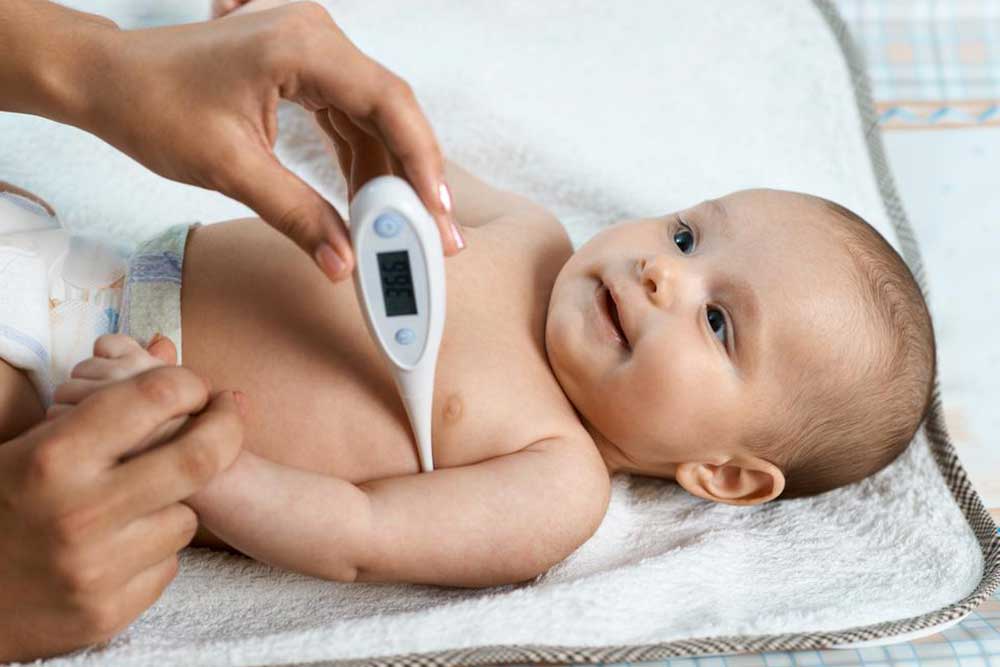Knowing the Normal Body Temperature in Babies and Adults
What is the normal body temperature in babies and adults?
There are several factors which may influence the temperature of your body. It is of no surprise then that you may have a fever, sometimes at a lower temperature, while at other times you may have a fever at a higher temperature.

Find below the fever temperature chart for babies and adults.
Fever temperature chart
As mentioned before, the body’s ability to effectively regulate temperature changes as one grows older. It becomes much more difficult for older people to conserve bodily heat. Older people are likely to have a lower body temperature. The fever temperature chart varies. Here are the normal temperatures for babies and adults:
- Babies and children : The acceptable range of normal body temperature falls between 97.9 degrees Fahrenheit and 99 degrees Fahrenheit. Anything higher than that constitutes a fever.
- Adults : In adults, the average body temperature ranges between 97 degrees Fahrenheit and 99 degrees Fahrenheit. Anything above that is a fever.
- Adults over the age of 65 : The average body temperature in older adults, that is those 65 years and above, is lower than 98.6 degrees Fahrenheit. Anything above this constitutes a fever.
Visit a doctor immediately if your temperature is very high or is persistently high as it may be indicative of an underlying condition and would require instant treatment.
The fever temperature chart varies in babies and adults. If you measure your temperature through your armpit, the readings can be up to an entire degree lower than the reading from that in the mouth! Readings from the mouth, in turn, are lower than readings taken from the rectum or the ear. Factors like diet and the level of physical activity you engage in can also influence the body temperature. Ensure that you have a thermometer at home to record temperature if you are not feeling well over an extended period of time. It may so be that the underlying reason for your fever is something other than what you may think. Hence, consult a doctor immediately.











